Shows
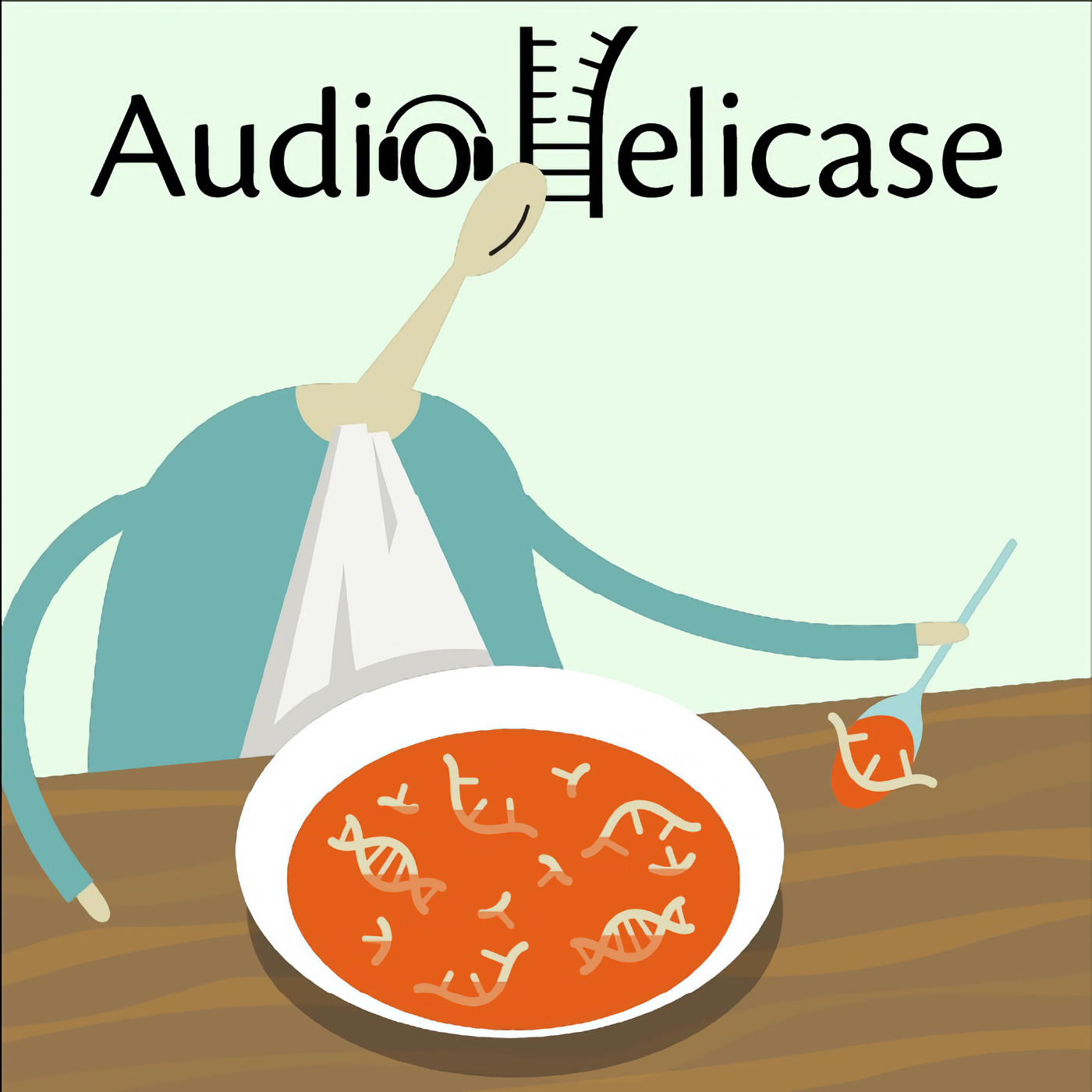 AudioHelicaseAudioHelicase Special: When cells are in their elementIn this episode of AudioHelicase, we sit down with four Whitehead Institute researchers who are gaining unique insights into biological processes—from regeneration, organ function, and immune response to embryonic development—by studying them within the rich context of their natural environment.
Credits:
Interviews, production, and hosting by Shafaq Zia.
Music:
little ukulele melody.mp3 by InVolumes (CC0)
Illustration:
Madeleine Turner
2025-06-0312 min
AudioHelicaseAudioHelicase Special: When cells are in their elementIn this episode of AudioHelicase, we sit down with four Whitehead Institute researchers who are gaining unique insights into biological processes—from regeneration, organ function, and immune response to embryonic development—by studying them within the rich context of their natural environment.
Credits:
Interviews, production, and hosting by Shafaq Zia.
Music:
little ukulele melody.mp3 by InVolumes (CC0)
Illustration:
Madeleine Turner
2025-06-0312 min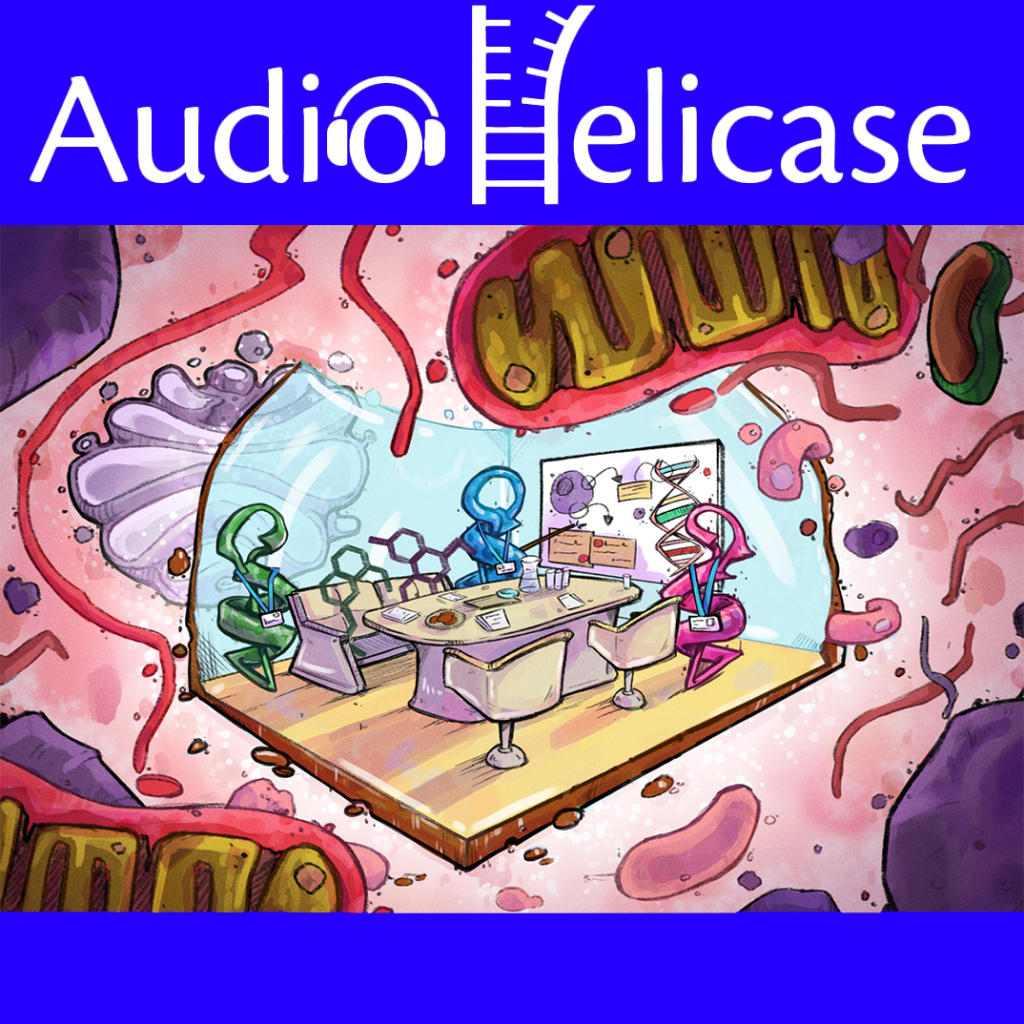 AudioHelicaseAudioHelicase Special: How foundational research takes medicines from lab to shelfIn this episode of AudioHelicase, we sit down with three Whitehead Institute researchers driving breakthroughs in disease treatment. Join us as we explore some of the toughest challenges they’re overcoming to move transformative therapies from lab bench to your medicine cabinet.
Credits:
Interviews, production, and hosting by Shafaq Zia.
Music and sound effects:
Crescent Bloom by Kai Engel (CC BY-NC 4.0)
OBJPlls-INT_Pills Rattling by Alessia Pultrone (CC BY-NC 4.0)
Asthma Inhaler — Sprayed/ Dispensed 2 times by MutilatorBCB (CC0 1.0)
Velcro 7 by CassieTee (CC BY-NC 3.0)
Illustration: DrawImpacts
2024-03-2521 min
AudioHelicaseAudioHelicase Special: How foundational research takes medicines from lab to shelfIn this episode of AudioHelicase, we sit down with three Whitehead Institute researchers driving breakthroughs in disease treatment. Join us as we explore some of the toughest challenges they’re overcoming to move transformative therapies from lab bench to your medicine cabinet.
Credits:
Interviews, production, and hosting by Shafaq Zia.
Music and sound effects:
Crescent Bloom by Kai Engel (CC BY-NC 4.0)
OBJPlls-INT_Pills Rattling by Alessia Pultrone (CC BY-NC 4.0)
Asthma Inhaler — Sprayed/ Dispensed 2 times by MutilatorBCB (CC0 1.0)
Velcro 7 by CassieTee (CC BY-NC 3.0)
Illustration: DrawImpacts
2024-03-2521 min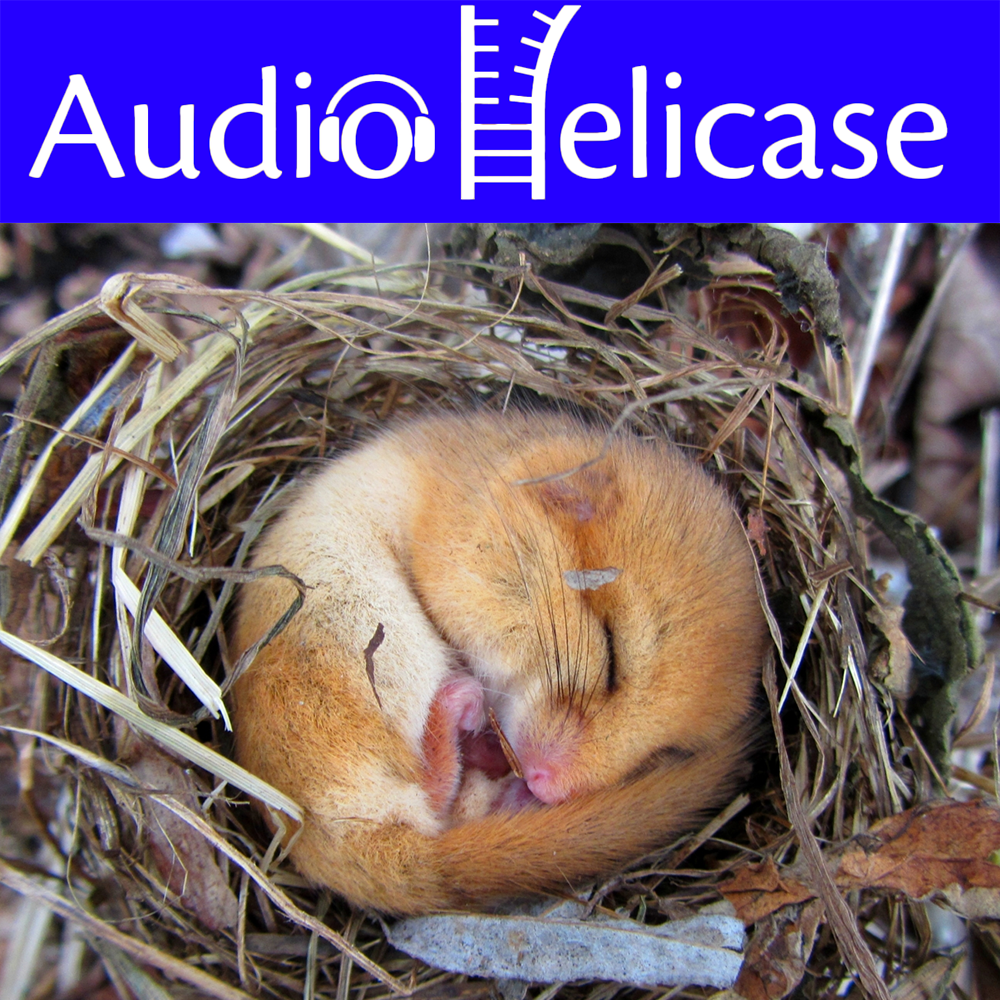 AudioHelicaseAudioHelicase Special: Getting a handle on hibernationWhitehead Institute Member Siniša Hrvatin discusses his research on the neuroscience of hibernation.
2023-04-0312 min
AudioHelicaseAudioHelicase Special: Getting a handle on hibernationWhitehead Institute Member Siniša Hrvatin discusses his research on the neuroscience of hibernation.
2023-04-0312 min AudioHelicaseAudioHelicase Special: RNA in health and diseaseWhitehead Institute researchers Silvi Rouskin, Ankur Jain, and David Bartel discuss how their RNA research connects to health and disease, including viral infections and neurodegeneration. This podcast is part of a multimedia series on RNA.
2021-05-1917 min
AudioHelicaseAudioHelicase Special: RNA in health and diseaseWhitehead Institute researchers Silvi Rouskin, Ankur Jain, and David Bartel discuss how their RNA research connects to health and disease, including viral infections and neurodegeneration. This podcast is part of a multimedia series on RNA.
2021-05-1917 min AudioHelicaseAudioHelicase Special: Rebuilding a BodyIn this special episode of AudioHelicase, we talk to three researchers about the cells in our bodies that can regenerate – and those that can’t. We ask, why can some cells no longer renew themselves? And, importantly, can we change that? This podcast is part of our multimedia series, Cells Over Time.
2021-02-0815 min
AudioHelicaseAudioHelicase Special: Rebuilding a BodyIn this special episode of AudioHelicase, we talk to three researchers about the cells in our bodies that can regenerate – and those that can’t. We ask, why can some cells no longer renew themselves? And, importantly, can we change that? This podcast is part of our multimedia series, Cells Over Time.
2021-02-0815 min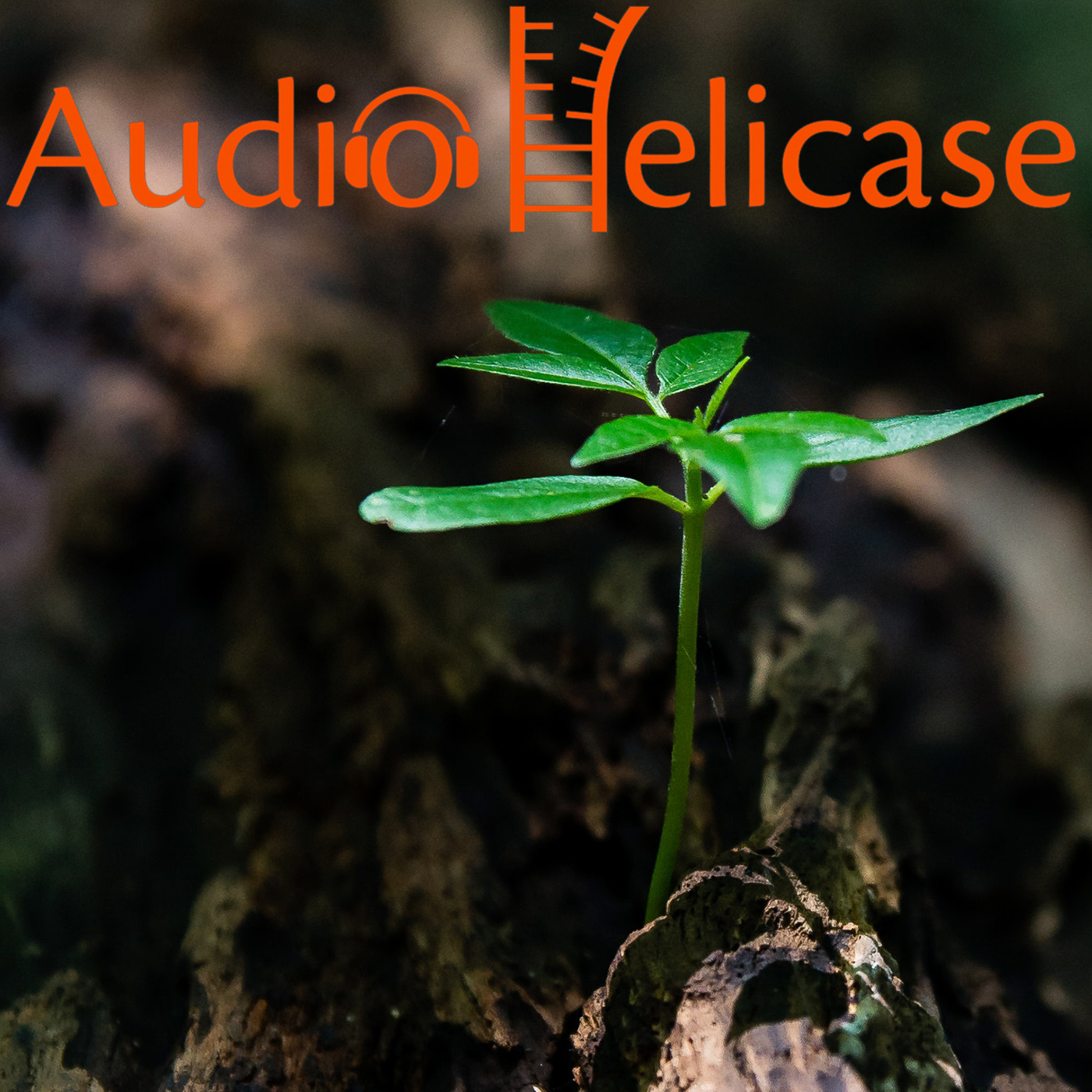 AudioHelicaseAudioHelicase Special: How researchers at Whitehead Institute are building a more sustainable futureMaking our world more sustainable to preserve it for future generations will take not just one but many solutions. Researchers at Whitehead Institute are exploring how the natural world could teach us how to improve the sustainability of how we produce food, how we make medicines, how we make products more durable, and potentially how we remove carbon from the atmosphere. In this special episode of AudioHelicase, we’ll hear from researchers at the Institute that are pursuing creative solutions to sustainability that combine a passion for making a difference with boundless curiosity for the living world.
2020-12-0218 min
AudioHelicaseAudioHelicase Special: How researchers at Whitehead Institute are building a more sustainable futureMaking our world more sustainable to preserve it for future generations will take not just one but many solutions. Researchers at Whitehead Institute are exploring how the natural world could teach us how to improve the sustainability of how we produce food, how we make medicines, how we make products more durable, and potentially how we remove carbon from the atmosphere. In this special episode of AudioHelicase, we’ll hear from researchers at the Institute that are pursuing creative solutions to sustainability that combine a passion for making a difference with boundless curiosity for the living world.
2020-12-0218 min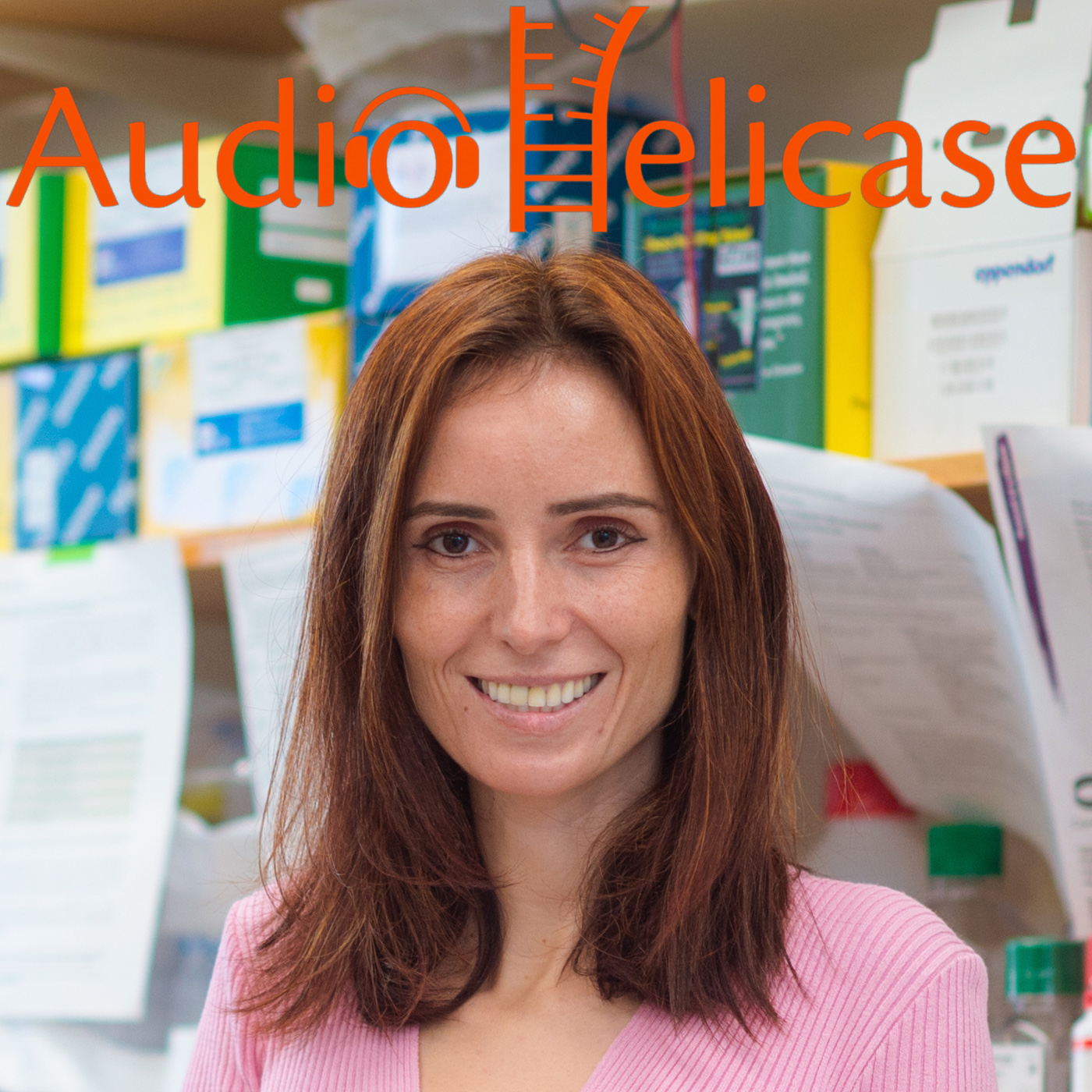 AudioHelicaseWhitehead Institute’s Silvi Rouskin on solving the structure of the coronavirus genomeIn this episode of AudioHelicase Podcast, Whitehead Fellow Silvi Rouskin discusses her research on solving the structure of the novel coronavirus’s RNA genome, with the goal of revealing weak points in the virus’s gene regulation that new drugs could potentially target.
Music: “Versailles” by Pierce Murphy (CC-BY 4.0). Produced by Conor Gearin.
2020-10-1317 min
AudioHelicaseWhitehead Institute’s Silvi Rouskin on solving the structure of the coronavirus genomeIn this episode of AudioHelicase Podcast, Whitehead Fellow Silvi Rouskin discusses her research on solving the structure of the novel coronavirus’s RNA genome, with the goal of revealing weak points in the virus’s gene regulation that new drugs could potentially target.
Music: “Versailles” by Pierce Murphy (CC-BY 4.0). Produced by Conor Gearin.
2020-10-1317 min AudioHelicaseWhitehead Institute’s Olivia Corradin on a New Way to Probe Disease GeneticsOn this episode of AudioHelicase podcast, Whitehead Fellow Olivia Corradin talked about investigating the genetic underpinnings of diseases through a new technique she developed, the outside variant approach. Applying the method to study the autoimmune disease multiple sclerosis (MS), Corradin and colleagues identified a role for a cell type in the brain in MS, offering a new way of understanding the disease. She also discussed running a lab during the COVID-19 pandemic, and evaluating scientific information in a time of uncertainty.
Music: “Versailles” by Pierce Murphy (CC-BY 4.0). Produced by Conor Gearin.
2020-08-0425 min
AudioHelicaseWhitehead Institute’s Olivia Corradin on a New Way to Probe Disease GeneticsOn this episode of AudioHelicase podcast, Whitehead Fellow Olivia Corradin talked about investigating the genetic underpinnings of diseases through a new technique she developed, the outside variant approach. Applying the method to study the autoimmune disease multiple sclerosis (MS), Corradin and colleagues identified a role for a cell type in the brain in MS, offering a new way of understanding the disease. She also discussed running a lab during the COVID-19 pandemic, and evaluating scientific information in a time of uncertainty.
Music: “Versailles” by Pierce Murphy (CC-BY 4.0). Produced by Conor Gearin.
2020-08-0425 min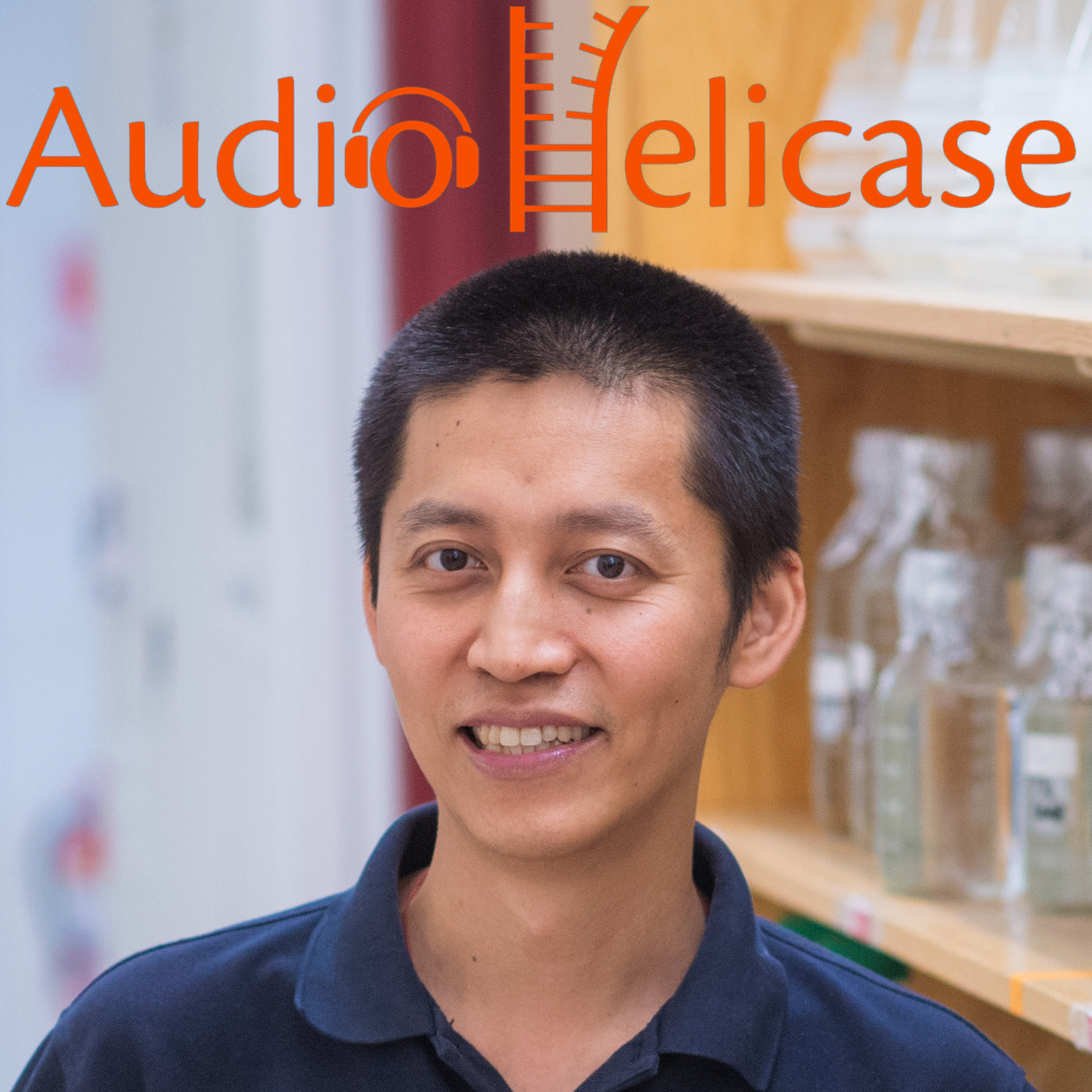 AudioHelicaseWhitehead’s Jing-Ke Weng on COVID-19 treatments taking root in plant sciencePlants have been used as medicine for thousands of years; could they contribute to a solution to the COVID-19 pandemic? This is what Whitehead Institute Member Jing-Ke-Weng set out to address in a new paper, published May 20 in the journal Molecular Plant.
We talked to Weng about an herbal treatment being used to treat COVID-19 in China derived from Traditional Chinese Medicine, the work necessary for such a treatment to be translated to an FDA-approved drug, and why the COVID-19 pandemic underscores the need for basic, fundamental research in plant science and beyond.
Music: “Versailles” by P...2020-06-0807 min
AudioHelicaseWhitehead’s Jing-Ke Weng on COVID-19 treatments taking root in plant sciencePlants have been used as medicine for thousands of years; could they contribute to a solution to the COVID-19 pandemic? This is what Whitehead Institute Member Jing-Ke-Weng set out to address in a new paper, published May 20 in the journal Molecular Plant.
We talked to Weng about an herbal treatment being used to treat COVID-19 in China derived from Traditional Chinese Medicine, the work necessary for such a treatment to be translated to an FDA-approved drug, and why the COVID-19 pandemic underscores the need for basic, fundamental research in plant science and beyond.
Music: “Versailles” by P...2020-06-0807 min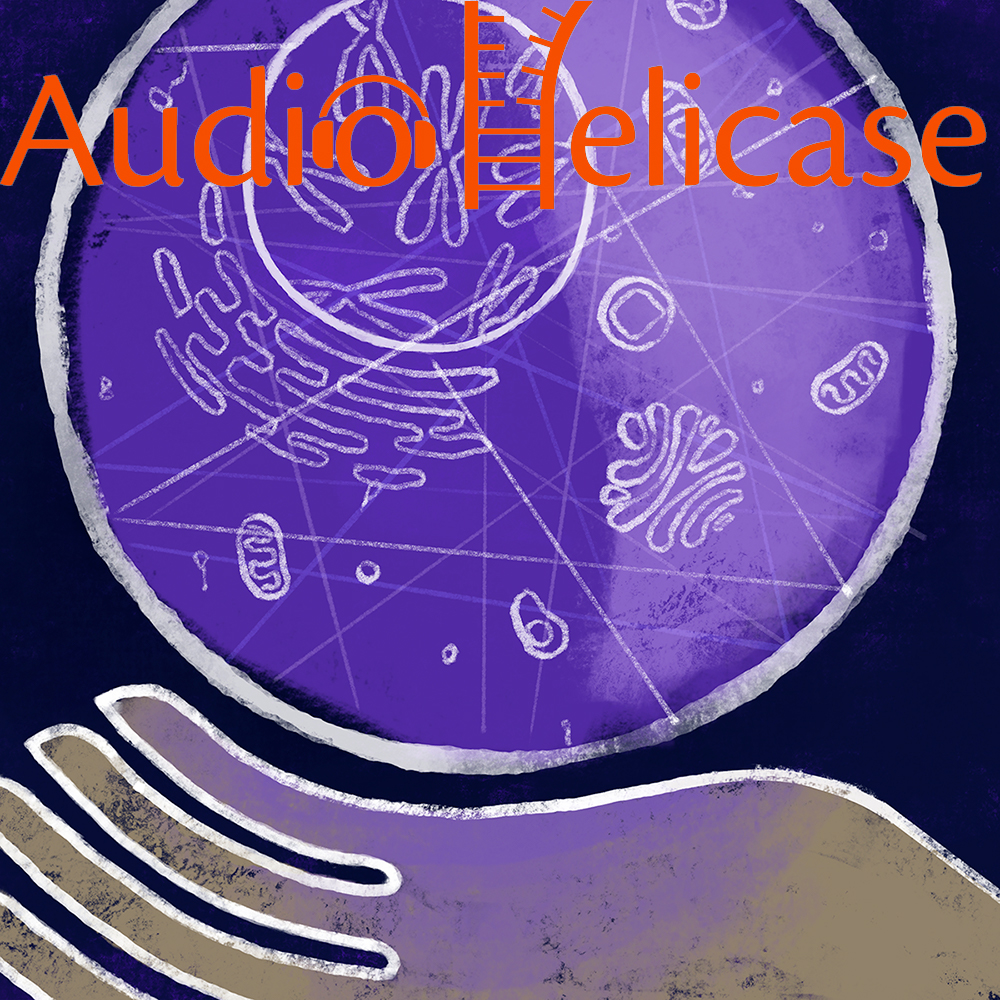 AudioHelicaseAudioHelicase Special: The Conductors of the Cell’s SymphonyIn this special episode of AudioHelicase podcast, we’re taking a look at how our researchers are identifying the key players that help conduct the cell’s symphony — the proteins and molecules that direct many other parts of the cell on when and how to do their jobs. The episode features highlights from interviews with Whitehead Institute Members David Sabatini, Mary Gehring, and Iain Cheeseman.
Music: “Versailles” by Pierce Murphy (CC-BY 4.0), “The Little Robot” by Forget the Whale (CC-BY-NC 4.0)
2020-03-1821 min
AudioHelicaseAudioHelicase Special: The Conductors of the Cell’s SymphonyIn this special episode of AudioHelicase podcast, we’re taking a look at how our researchers are identifying the key players that help conduct the cell’s symphony — the proteins and molecules that direct many other parts of the cell on when and how to do their jobs. The episode features highlights from interviews with Whitehead Institute Members David Sabatini, Mary Gehring, and Iain Cheeseman.
Music: “Versailles” by Pierce Murphy (CC-BY 4.0), “The Little Robot” by Forget the Whale (CC-BY-NC 4.0)
2020-03-1821 min AudioHelicaseWhitehead Institute’s Pulin Li on creating multicellular patterns in a Petri dishIn this episode of AudioHelicase, Whitehead Institute Member Pulin Li talks about how her lab engineers cells in Petri dishes to communicate with each other and form patterns, recreating processes seen in embryo development—and how this work could eventually inform efforts to grow tissues in the lab.
Produced by Conor Gearin
Music: Pierce Murphy, “Versailles” (CC-BY 4.0)
2020-02-1017 min
AudioHelicaseWhitehead Institute’s Pulin Li on creating multicellular patterns in a Petri dishIn this episode of AudioHelicase, Whitehead Institute Member Pulin Li talks about how her lab engineers cells in Petri dishes to communicate with each other and form patterns, recreating processes seen in embryo development—and how this work could eventually inform efforts to grow tissues in the lab.
Produced by Conor Gearin
Music: Pierce Murphy, “Versailles” (CC-BY 4.0)
2020-02-1017 min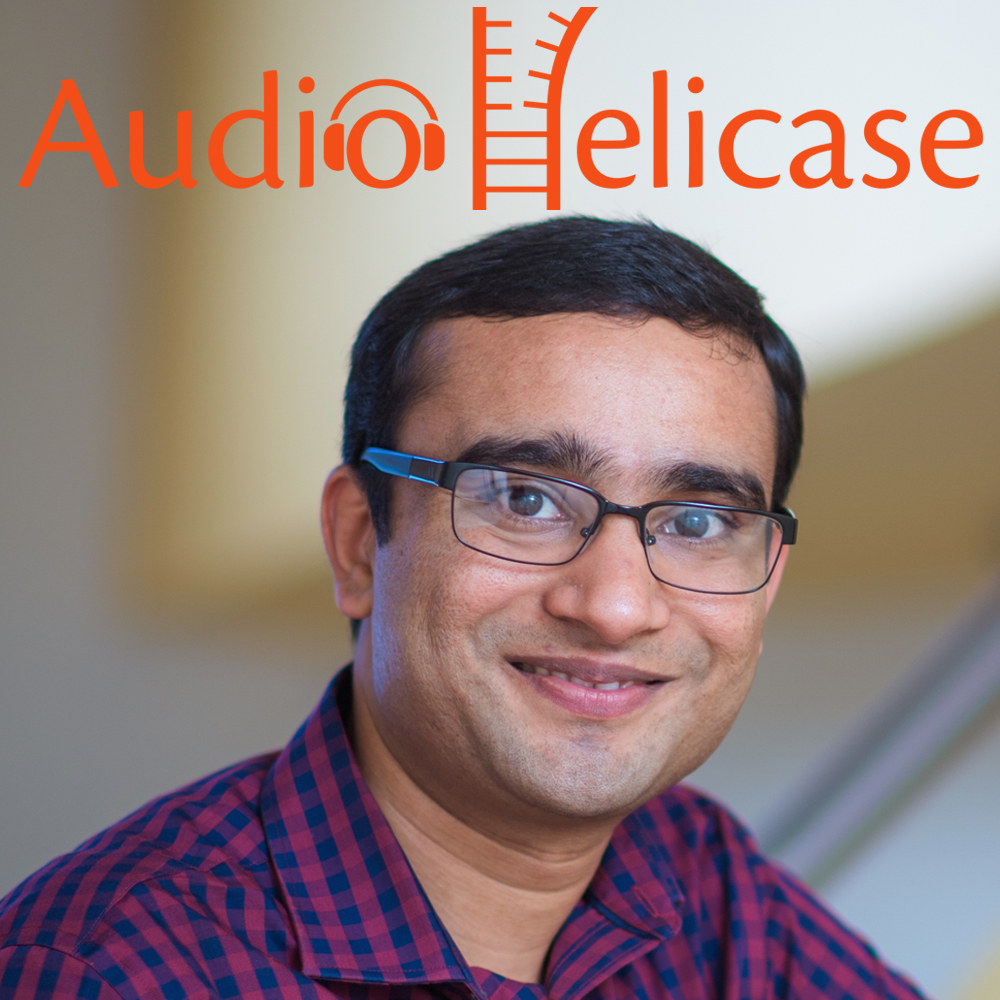 AudioHelicaseWhitehead Institute’s Ankur Jain on RNA clumps and the neurodegenerative diseases they are associated withIn this episode of AudioHelicase, Whitehead Institute Member Ankur Jain discusses how RNA can clump in cells and the diseases, such as Huntington’s and amyotrophic lateral sclerosis (ALS), that are associated with these aggregations.
2019-02-1912 min
AudioHelicaseWhitehead Institute’s Ankur Jain on RNA clumps and the neurodegenerative diseases they are associated withIn this episode of AudioHelicase, Whitehead Institute Member Ankur Jain discusses how RNA can clump in cells and the diseases, such as Huntington’s and amyotrophic lateral sclerosis (ALS), that are associated with these aggregations.
2019-02-1912 min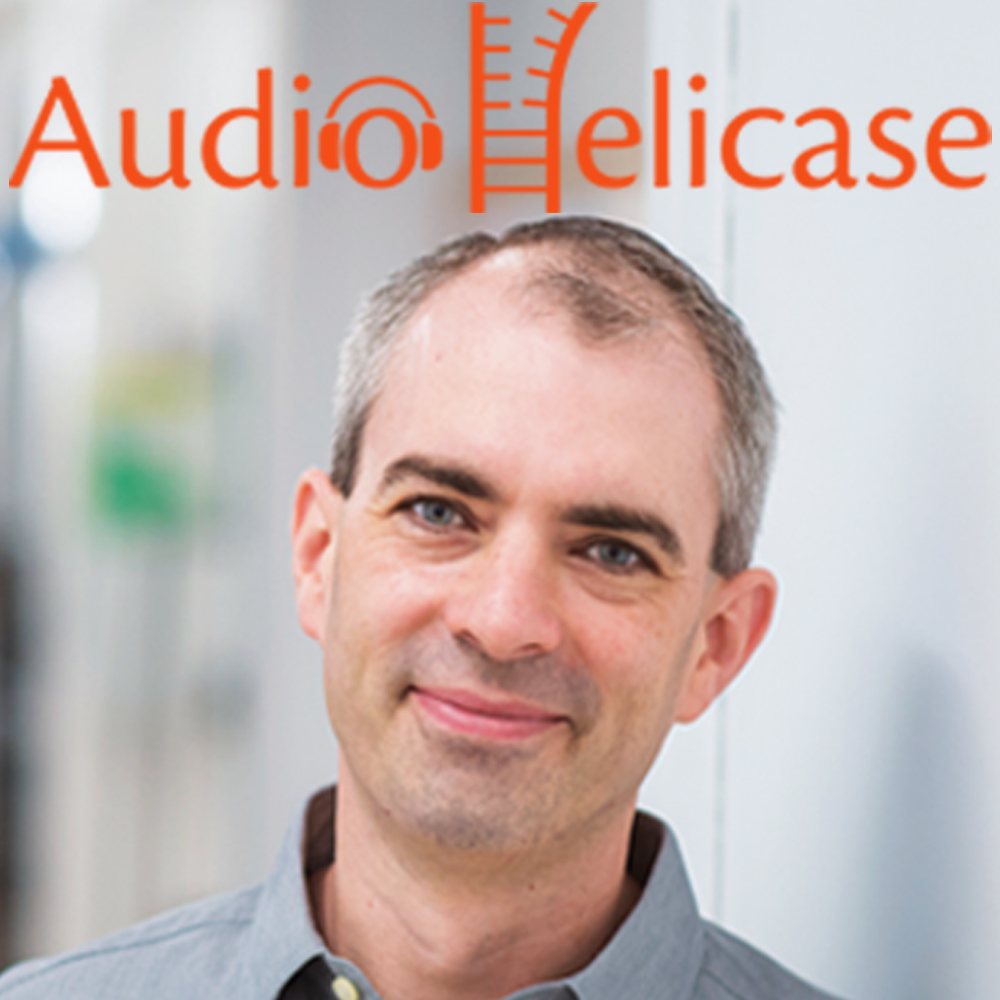 AudioHelicaseWhitehead’s Iain Cheeseman discusses cell division and what can happen when it goes wrongIn this episode of AudioHelicase, Whitehead Institute Member Iain Cheeseman discusses how his work on the kinetochore provides a window into cell division and what happens when this vital cellular function goes awry.
2018-05-2112 min
AudioHelicaseWhitehead’s Iain Cheeseman discusses cell division and what can happen when it goes wrongIn this episode of AudioHelicase, Whitehead Institute Member Iain Cheeseman discusses how his work on the kinetochore provides a window into cell division and what happens when this vital cellular function goes awry.
2018-05-2112 min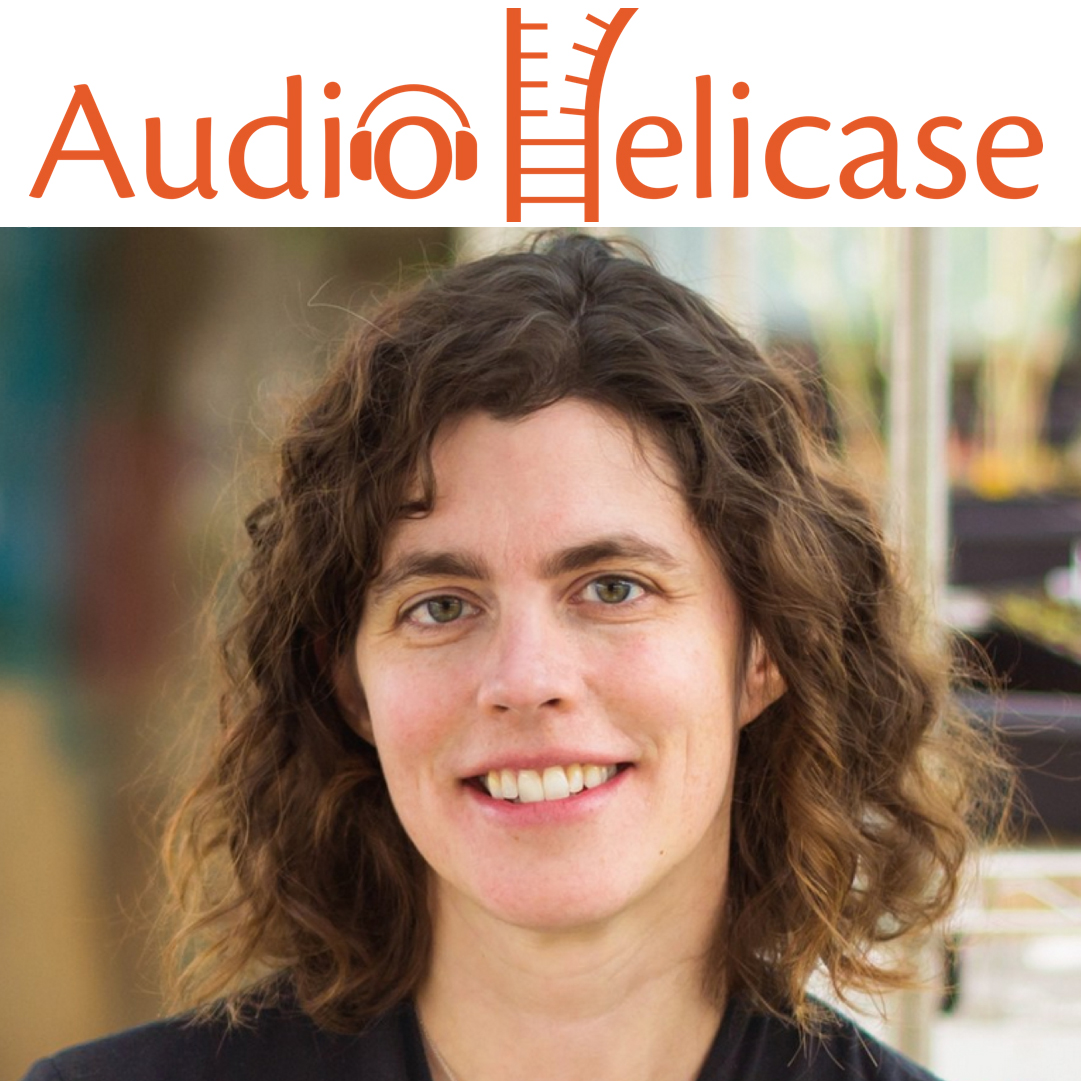 AudioHelicaseWhitehead’s Mary Gehring discusses how gene regulation can be passed from one generation to the nextIn this episode of AudioHelicase, Whitehead Institute Member Mary Gehring discusses how her research on the plant Arabidopsis thaliana reveals how gene regulation can be passed from one generation to the next.
2018-04-1112 min
AudioHelicaseWhitehead’s Mary Gehring discusses how gene regulation can be passed from one generation to the nextIn this episode of AudioHelicase, Whitehead Institute Member Mary Gehring discusses how her research on the plant Arabidopsis thaliana reveals how gene regulation can be passed from one generation to the next.
2018-04-1112 min AudioHelicaseWhitehead’s Robert Weinberg on cancer research’s past, present, and futureFrom his discovery of the first oncogene and tumor suppressor, to his work revealing critical aspects of the mutational basis of cancer, and more recently its metastatic behavior, Whitehead Founding Member Robert Weinberg’s work has been foundational in our understanding of cancer biology.
2018-01-2220 min
AudioHelicaseWhitehead’s Robert Weinberg on cancer research’s past, present, and futureFrom his discovery of the first oncogene and tumor suppressor, to his work revealing critical aspects of the mutational basis of cancer, and more recently its metastatic behavior, Whitehead Founding Member Robert Weinberg’s work has been foundational in our understanding of cancer biology.
2018-01-2220 min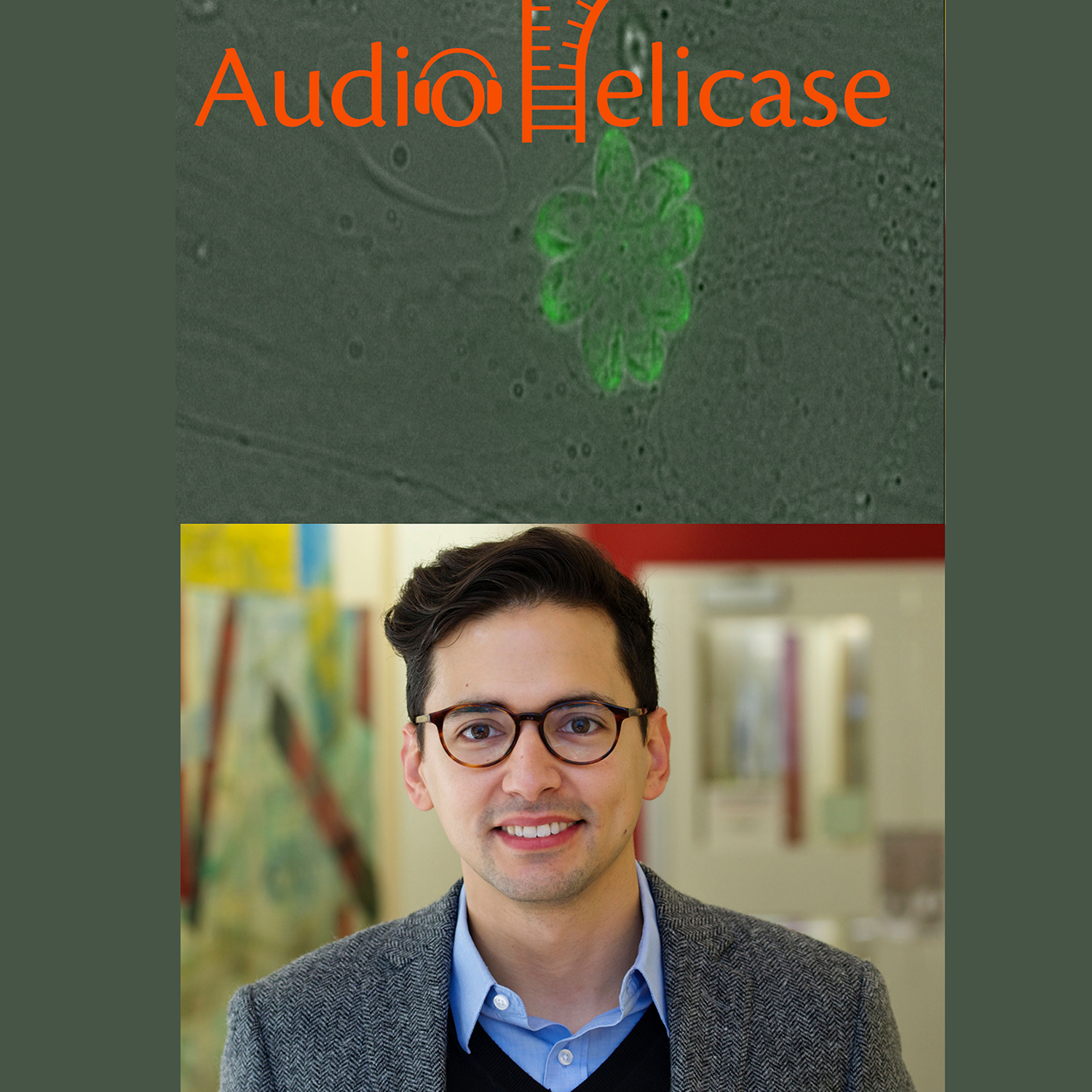 AudioHelicaseWhitehead’s Sebastian Lourido on Toxoplasma, malaria parasites, and global healthWhitehead Member Sebastian Lourido studies a group of parasites called the Apicomplexa. These single-celled organisms are among the most common pathogens and are capable of causing devastating diseases in humans and animals, including toxoplasmosis, malaria, and infant diarrhea. Lourido’s laboratory is investigating in particular how the Apicomplexan Toxoplasma gondii invades host cells and establishes its site of replication. The work holds great promise for exposing treatable vulnerabilities in the parasite—and in the closely related Plasmodium parasites, which cause malaria and contribute to more than half a million deaths each year.
2017-11-2115 min
AudioHelicaseWhitehead’s Sebastian Lourido on Toxoplasma, malaria parasites, and global healthWhitehead Member Sebastian Lourido studies a group of parasites called the Apicomplexa. These single-celled organisms are among the most common pathogens and are capable of causing devastating diseases in humans and animals, including toxoplasmosis, malaria, and infant diarrhea. Lourido’s laboratory is investigating in particular how the Apicomplexan Toxoplasma gondii invades host cells and establishes its site of replication. The work holds great promise for exposing treatable vulnerabilities in the parasite—and in the closely related Plasmodium parasites, which cause malaria and contribute to more than half a million deaths each year.
2017-11-2115 min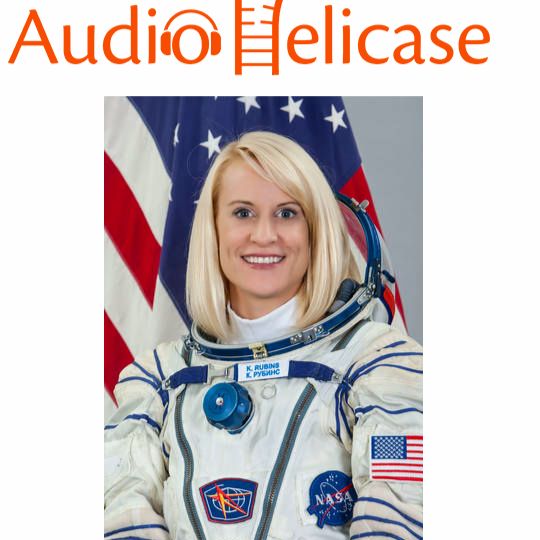 AudioHelicaseNASA’s Kathleen “Kate” Rubins on her journey from studying pox viruses to sequencing DNA in spaceNASA Astronaut and Former Whitehead Fellow Kathleen “Kate” Rubins sits down with Whitehead’s Director David Page to discuss her journey from studying pox viruses to sequencing DNA in space.
2017-10-2316 min
AudioHelicaseNASA’s Kathleen “Kate” Rubins on her journey from studying pox viruses to sequencing DNA in spaceNASA Astronaut and Former Whitehead Fellow Kathleen “Kate” Rubins sits down with Whitehead’s Director David Page to discuss her journey from studying pox viruses to sequencing DNA in space.
2017-10-2316 min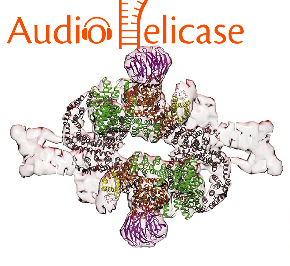 AudioHelicaseWhitehead’s David Sabatini discusses mTOR, a protein connecting metabolism, nutrition, and diseaseAs a graduate student, Whitehead Member David Sabatini identified mTOR, the keystone molecule in a cellular pathway connecting nutrition, metabolism, and aging. In this episode, he discusses how the molecule was first discovered and what his lab is currently working on, including mTOR’s role in cancer, growth, and metabolism.
2017-09-1210 min
AudioHelicaseWhitehead’s David Sabatini discusses mTOR, a protein connecting metabolism, nutrition, and diseaseAs a graduate student, Whitehead Member David Sabatini identified mTOR, the keystone molecule in a cellular pathway connecting nutrition, metabolism, and aging. In this episode, he discusses how the molecule was first discovered and what his lab is currently working on, including mTOR’s role in cancer, growth, and metabolism.
2017-09-1210 min